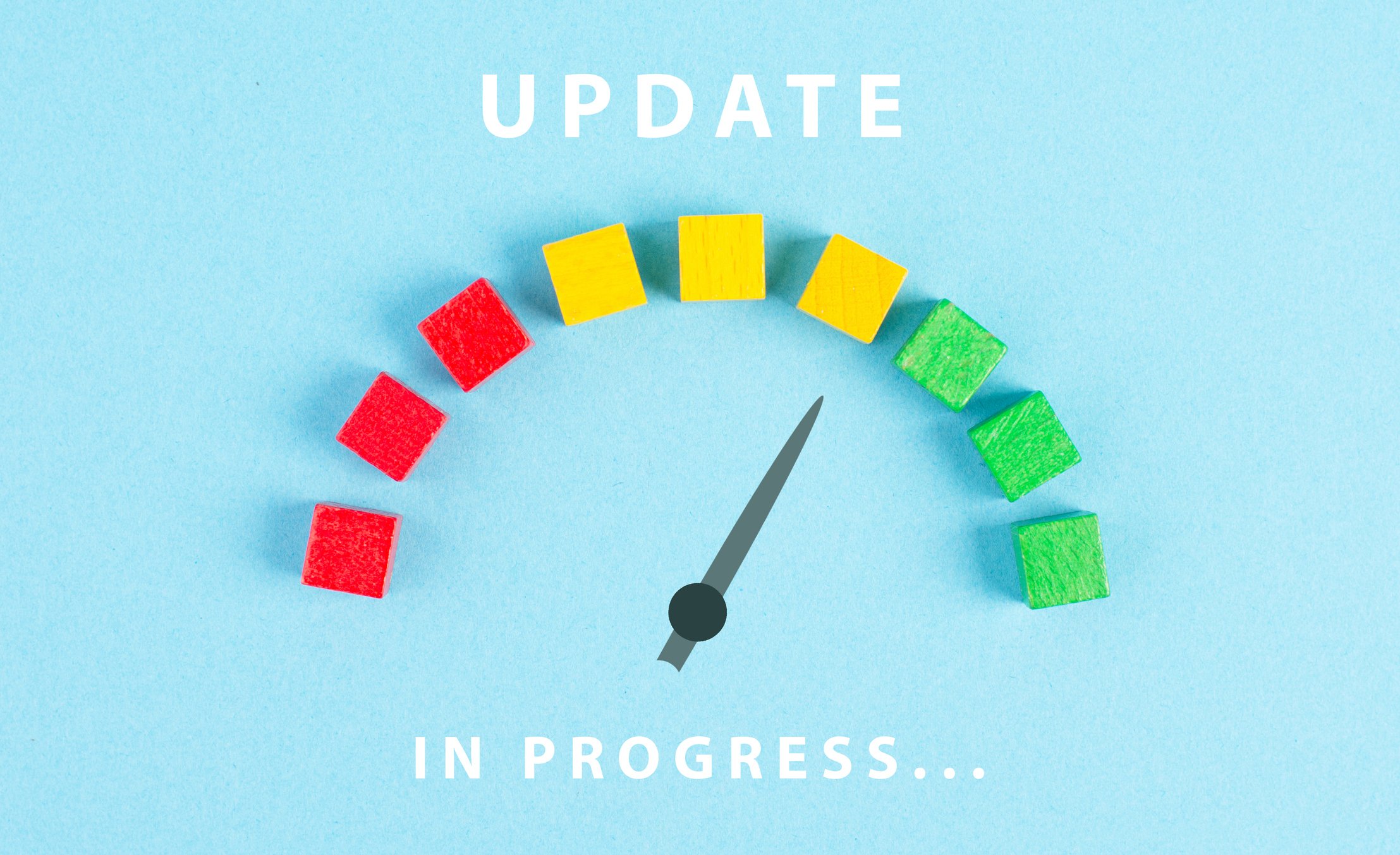There’s a chance that an individual may find themselves in a circumstance where they possess significant wealth in their house but lack sufficient cash in their bank account. Over the years, as you’ve been paying off your mortgage, the equity in your property might have accumulated greatly. But having substantial home equity doesn’t necessarily equate to having ample cash readily available for expenses.
In the world of finance, access to cash is known as ‘liquidity’, and having liquid, ready-to-spend money is critical to your retirement success. It’s easy to access and spend the money you’ve saved up in your bank accounts and IRAs. It’s much harder to spend the money that’s wrapped up in your home. If you’re nearing retirement and worried about your available cash reserves, this article will present some alternatives to help you modify your financial status.
A Reverse Mortgage
A reverse mortgage could be a viable way to tap the equity in your home and improve your cash flow in retirement. With a reverse mortgage, you retain the title to your home and receive cash while the lender takes a lien against the property. You aren’t required to pay back the mortgage so long as you are living in the home, and you can’t be foreclosed upon if you follow the conditions of the mortgage, such as staying current on your property taxes and home insurance. Proceeds are only due to the lender when you move, pass away, or sell the home.[1] These products aren’t right for everyone, and some of the constraints on who can borrow are as follows:
- You must be at least 62 years of age.[2]
- You must own your home or hold a significant portion of the equity in the property.[3]
- Additionally, you are required to pay various fees when establishing and maintaining the reverse mortgage.[4]
Payments can be made to you on a monthly basis, as part of a lump sum, or as a line of credit that you draw on only as needed. It’s a flexible product but it’s not without its drawbacks. These mortgages tend to be costly products to own. Repayment of the note is usually done upon the homeowner’s passing, but that may be difficult for the heirs if the property is a family homestead with lots of sentimental value.
Married couples face a unique challenge when using this product, too. If the reverse mortgage is in one spouse’s name only and that spouse is forced to move into a nursing home as they age, then the note will come due! This isn’t an issue when both spouses are listed on the reverse mortgage, but it could spell trouble if that mortgage is in just one name.
A Home Equity Loan
If you have significant equity in your home but have limited cash, a home equity loan might be a suitable alternative. This conventional loan’s value is determined by the difference between your outstanding mortgage balance and the property’s present market value. While a reverse mortgage does not necessitate monthly payments, a home equity loan does require you to make regular payments.[5]
While you can access cash this way, it isn’t generally the best option for retirees looking for additional cash flow. These loans must be paid back prior to you moving or passing away, which stands in stark contrast to a reverse mortgage. However, these loans tend to be less expensive than a reverse mortgage. If you anticipate downsizing and selling your home in what may be just a few short years, then using a home equity loan may be a viable option until you sell and have the funds necessary to repay.
Downsize and Cash Out
A primary residence is the largest investment most of us will ever make, and it is often the most valuable asset on our balance sheet. If the bulk of your net worth is locked up in your home and you are struggling to pay bills, then it may not be a bad idea to sell it and downsize. Move to a new and less expensive community. Rent and have your maintenance taken care of. Forego property tax and upkeep costs. Too often we see people who believe that home ownership is tantamount to financial success and security, and while that may have been true at one point in your life, retirement is a new phase that requires new ways of thinking.
If your home no longer suits your lifestyle and is eating up all your cash, then a sale may be an appropriate option to unlock liquidity and make your life easier.
Talk with a Financial Advisor
These aren’t the only ways to skin a cat and every situation is unique. If you’re not sure what the best option is or what your alternatives may be, then give us a call. We’re skilled, experienced, and ready to help. Best of all, we don’t charge for a consultation. Contact us when you’re ready to talk shop and find a strategy that works for you.
[1-4] https://www.investopedia.com/mortgage/reverse-mortgage/
[5] https://www.investopedia.com/terms/h/homeequityloan.asp












